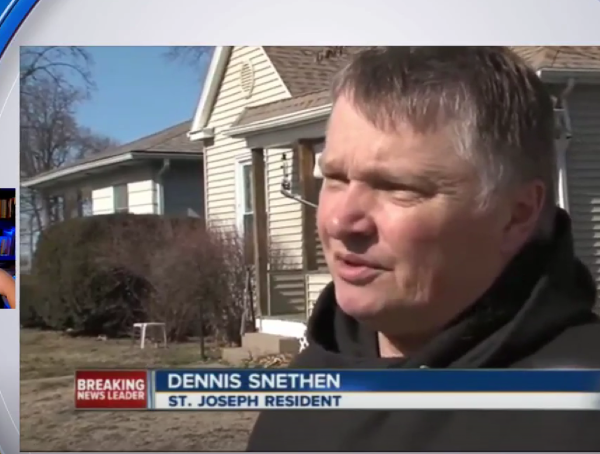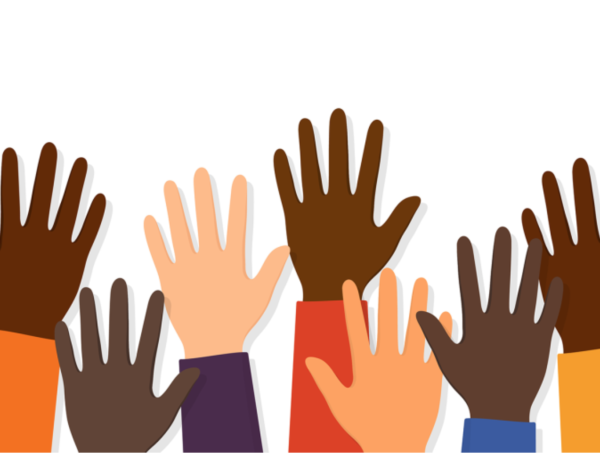A number of factors shape individual perspective, which in turn can affect how a journalist tells a story. But with that perspective comes an important responsibility, says a veteran photojournalist.
Danese Kenon is the Director of Photography and Video for the Philadelphia Inquirer. She recently discussed that responsibility during an appearance at Lens Collective, a multimedia storytelling conference at the University of Mississippi. Kenon often travels around the nation, leading discussions on multimedia strategies and techniques. On this occasion, she focused on the significance of individual perspective within storytelling.
Kenon’s career began when she received a Fisher-Price camera at the age of 7. “You never know what will come into your life and take you in a certain direction,” she said. After she graduated from Virginia State University with a bachelor’s in English, she earned a master’s in photography from Syracuse University. With nearly 20 years’ experience in photojournalism, she is the current director of photography and video for the Philadelphia Inquirer.
Throughout her presentation, Kenon highlighted the different moments of her life that shaped her identity. “As journalists, we don’t share much about ourselves,” she said, “but our experiences are constantly shaping us.”
For Kenon, these experiences came through job promotions, moving to different cities and strengthening her leadership skills. While some of these jobs came naturally, others required learning new skills and refining old ones. In the midst of so much change, Kenon has found stability in her relationships—especially those with older mentors.
“When you get your mentors, nurture those relationships,” she said. “You never know when they will help you in your career.”
Throughout her presentation, Kenon touched on the significance of relationships and their effects on personal identity. She advised her audience never to underestimate the power of a mentor.
As a photojournalist, Kenon understands the power of visual storytelling. Photos can capture different perspectives, and these perspectives can tell different stories. “You must be very careful when telling the stories of others from behind the lens,” Kenon said.
Journalists can be affected by unconscious bias, which are stereotypes that often affect individual judgment.“Whether we realize it or not, as journalists, our stories are affected by our unconscious bias,” Kenon said. For journalists, unconscious bias changes how they cover stories, and they have to be able to remove these biases from their storytelling.
Kenon has grown her career through exposure to different types of media, many of which she was not familiar. Career growth occurs when one is willing to learn new things.
“When someone asks you to do something, don’t say no right away,” Kenon says. Kenon continues to enhance her knowledge through learning and personal experience. She advises all journalists: “Figure out how you can help, while still being able to do the part of the job that you enjoy.”








